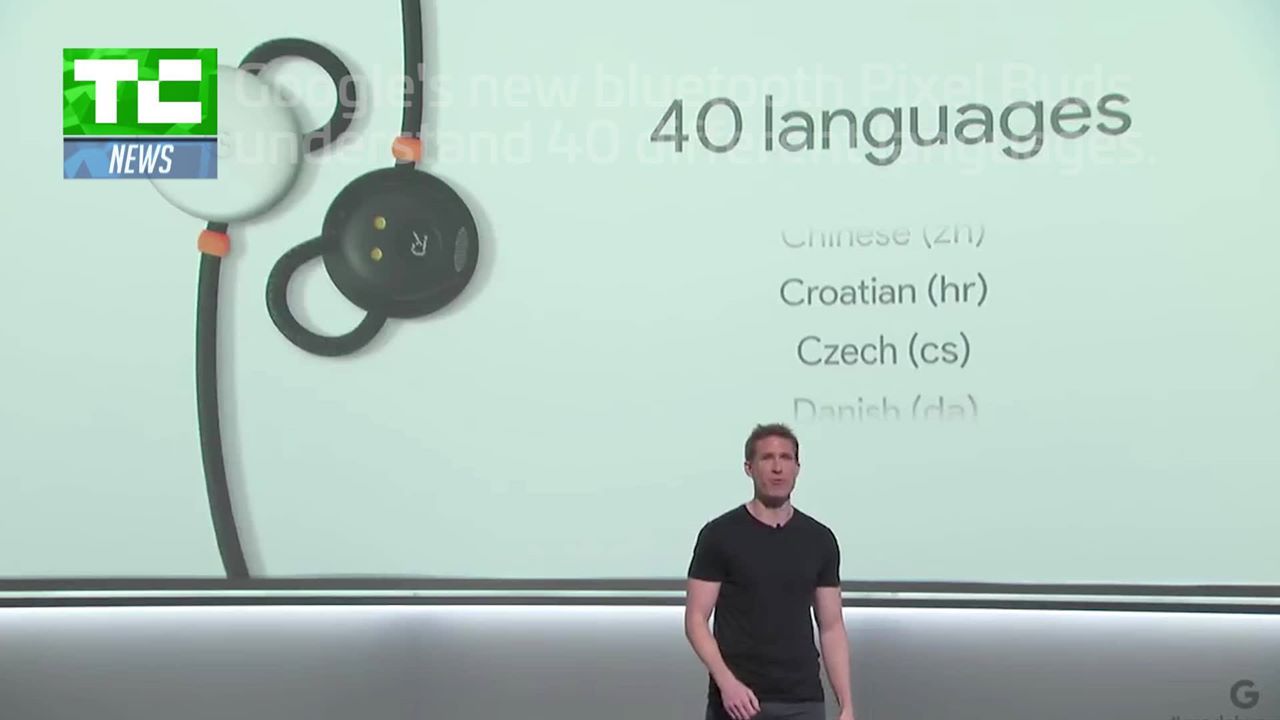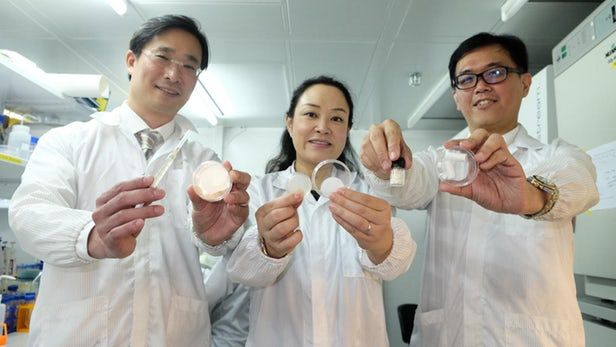As digital innovations continue to transform the way we live, a lot of things we once took for granted are falling by the wayside. Paper money and coins could soon be among them.
The use of digital payments in all forms is fast becoming commonplace. A cashless society, once considered remote if not unimaginable, is now more imminent, with staggering amounts of transactions being digitally processed daily. In Nordic countries, especially Sweden and Denmark, the majority of all transactions are now made through electronic or digital means.
Governments around the world are working to prepare their citizens to fully benefit from a digital future. India, for example, has hundreds of millions of people in the database of its Aadhaar biometric identity and payment system. But the country’s Supreme Court recently ruled that the system could compromise citizens’ fundamental right to privacy, underscoring one of the key concerns about the new digital era.









